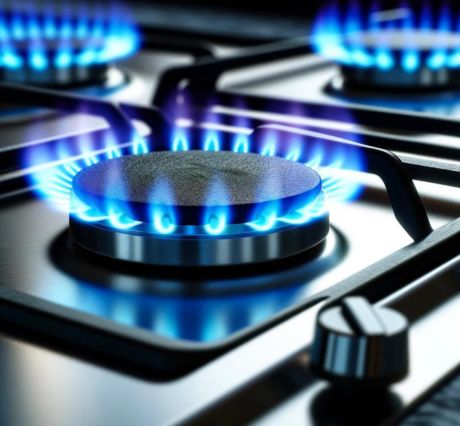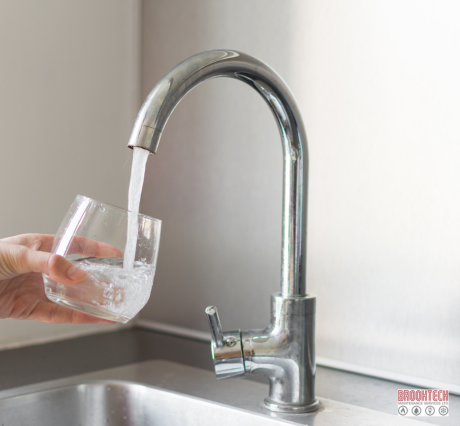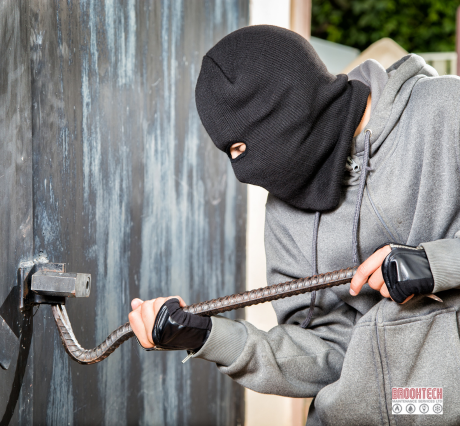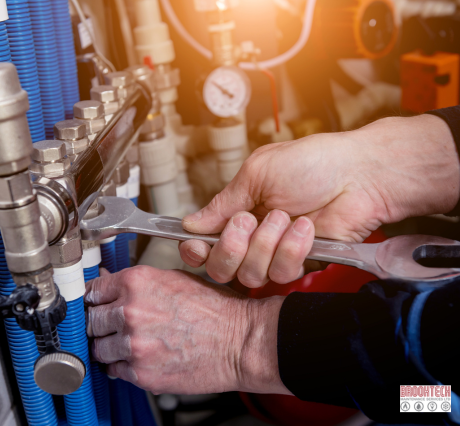Navigating Gas Safety Certificates: What You Need to Know
Gas safety is and should be a top concern for households and businesses. Although electric becoming more and more popular gas appliances are still an integral part of daily life. Ensuring their safe operation is essential to prevent accidents and protect occupants from potential hazards. Gas safety certificates play a pivotal role in this regard. These documents provide tangible evidence of compliance with legal requirements and peace of mind to property owners. In this blog post, we’ll delve into the significance of gas safety certificates. We’ll also include how to prepare for an inspection and what to expect.
Understanding Gas Safety Certificates
Gas safety certificates, also known as CP12 certificates or landlord gas safety records, are official documents. They are issued following a thorough inspection of gas appliances and installations by qualified engineers. These certificates attest to the safety and compliance of gas systems within residential and commercial properties. Acting as legal proof that they meet the standards outlined in the Gas Safety (Installation and Use) Regulations 1998. Gas safety certificates are often required for rental properties and certain commercial premises.
According to Gas Safe Register (www.gassaferegister.co.uk), the UK’s official gas registration body, landlords are legally obligated to ensure that gas appliances and flues in their properties are maintained in a safe condition. This includes arranging annual gas safety checks by Gas Safe registered engineers and providing tenants with a copy of gas safety certificates within 28 days of the inspection. Failure to comply with these regulations can result in severe penalties, including fines or imprisonment.
The Inspection Process
Gas safety inspections involve a comprehensive assessment of all gas appliances, flues, and associated pipework to identify any potential hazards or defects. Qualified engineers conduct various tests and checks to verify the safe operation and integrity of the gas systems. Any issues or deficiencies discovered during the inspection need to be addressed promptly to rectify safety concerns and prevent potential accidents.
The Institute of Gas Engineers and Managers (www.igem.org.uk) emphasizes the importance of thorough and methodical inspections. Qualified engineers follow established protocols and guidelines to conduct inspections systematically. By adhering to industry best practices and standards, engineers can provide property owners with confidence in the safety and integrity of their gas systems.
What to Expect at an Inspection
During a gas safety inspection, a qualified Gas Safe registered engineer should conduct a thorough examination of all gas appliances and associated components. This typically includes boilers, gas cookers, gas fires, and any other gas-powered appliances present on the premises. The engineer should inspect the condition of the appliances. They should check for signs of wear and tear, corrosion, or damage that could affect their safe operation.
Additionally, the engineer should assess the installation of the appliances. They should ensure that appliances are properly connected to gas supplies and flues and that ventilation requirements are met. They should conduct tests to measure combustion efficiency and check for any signs of gas leaks. The engineer should also inspect flues and ventilation systems to ensure that they are clear and free from obstruction.
Throughout the inspection process, the engineer should communicate any findings to you. They should discuss any necessary repairs or maintenance tasks. If any safety concerns are identified, the engineer should advise you on the appropriate actions to rectify them.
How to Prepare for an Inspection
Preparing for a gas safety inspection can help streamline the process and ensure that your property meets the necessary requirements. Here are some essential steps to consider:
- Schedule the Inspection: Contact a Gas Safe registered engineer to schedule the inspection well in advance. This will allow you to choose a convenient date and ensure that you have ample time to address any potential issues before the inspection.
- Gather Documentation: Collect all relevant documentation, including previous gas safety certificates, maintenance records, and manuals for gas appliances. Having these documents on hand can help the engineer assess the history of your gas systems and identify any recurring issues.
- Clear Access: Ensure that the engineer has clear access to all gas appliances, flues, and pipework throughout the property. Remove any obstacles or clutter that may hinder the inspection process and make it difficult to access essential components.
- Address Any Known Issues: If you’re aware of any existing issues with your gas appliances, address them before the inspection.
- Provide Instructions: If necessary, provide instructions to the engineer on accessing specific areas of the property, such as boiler rooms or utility closets. Clear communication ensures that the inspection is thorough.
By following these steps, you can prepare your property for a gas safety inspection and ensure that it meets the necessary requirements for a pass on your gas safety certificate.
Gas Safety Certificates and Landlord Responsibilities
For landlords, ensuring gas safety compliance is not only a legal requirement but also a moral obligation. It is your responsibility to protect tenants and visitors from harm. The National Landlords Association (www.landlords.org.uk) advises landlords to prioritise gas safety. You can do this by scheduling annual inspections and maintaining accurate records of gas safety certificates. Additionally, landlords must ensure that all gas appliances and installations are installed, maintained, and serviced by Gas Safe registered engineers to uphold safety standards and legal obligations.
In rental properties, landlords are responsible for providing tenants with copies of gas safety certificates within 28 days of the inspection or at the start of a new tenancy. Tenants have the right to request access to gas safety records. They should also be informed of their responsibilities regarding gas appliance maintenance and usage. Effective communication between landlords and tenants is crucial to promoting gas safety awareness and ensuring collaborative efforts to maintain safe living environments.
In need of Gas Safety Certificates?
Gas safety certificates play a critical role in ensuring the safe operation of gas appliances and installations in properties across the UK. Whether you’re a homeowner, landlord, or tenant, prioritizing gas safety is essential to protect lives and property from the risks associated with gas-related incidents. By adhering to legal obligations, scheduling annual gas safety checks, and working with qualified engineers, you can ensure the continued safety and well-being of everyone in your premises.
Don’t overlook the importance of gas safety certificates—take proactive steps to safeguard your property and those who inhabit it. If you are overdue for a gas safety check, don’t leave it to chance, contact us today and find out more about how we can help with your gas safety obligations.








